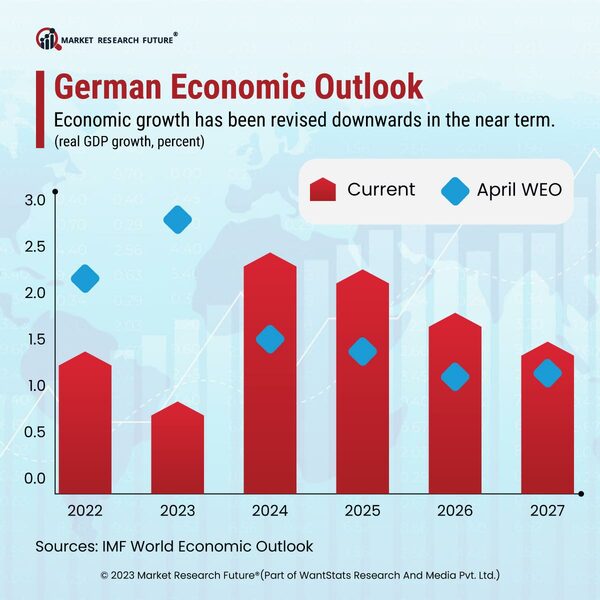Germany Enters Recession as its Economy Contracts Unexpectedly
Continuing inflation has helped push Germany into recession in the first quarter of 2023, as an upgrade to the growth data shows. According to the data by BBC, the economy contracted by 0.3 percent between January and March, as said by the statistics office. A 0.5 percent contraction follows it in the last quarter of 2022.
A country is counted to be in recession when the economy shrinks for consecutively two quarters. An analyst of DekaBank said under the weight of massive inflation; the German consumer has fallen to such an extent that it is dragging down the country's entire economy. Germany's inflation was 7.2 percent in April, below the United Kingdom's 8.7 percent. The high prices weigh upon household spending, like food, clothing, and furniture. Industrial orders are also weaker and reflect the impact of higher energy prices on businesses. The continuation of the rising high costs tends to burden the German economy at the beginning of 2023, as the federal statistics agency Destatis said. The agency has also estimated zero growth for the first quarter of 2023, implying Germany would avoid a recession. But the revised data showed household spending to be 1.2 percent lower than in the previous quarter.
Spending by the government was 4.9 percent, and car sales also fell after government grants for electric and hybrid cars were scaled. Germany relied heavily on Russian energy; thus, some had predicted the recession was less severe at first. But after, the reopening of China's economy helped to ease the impact of higher energy prices. As per the analysts, even if the investment and exports in the private sector rose, it was not enough to get Germany out of the “danger zone" of recession. The international monetary fund has predicted that Germany will be the weakest among the world's advanced economies after shrinking to 0.1 percent in 2023.






